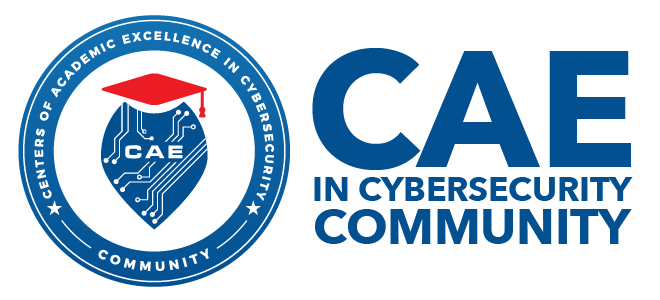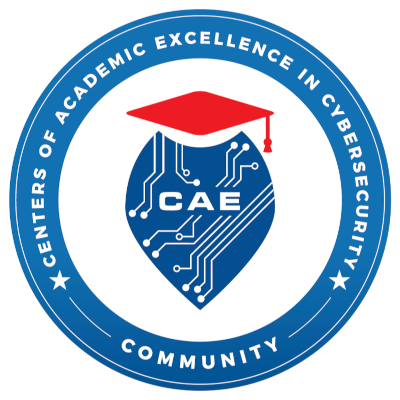As we become a more digital society, it imperative that first responders, including EMS and law enforcement, become well-versed in the role that technology plays in their field and understand the security implications demanded in this changing environment. Most existing continuing education (CE) credits, however, are only offered specifically for technical job requirements, such as de-escalation techniques and airway management training for law enforcement and EMS certified personnel, respectively. We propose offering CE credits in cybersecurity and forensics for first responders, working with the applicable agencies such as the Texas Commission on Law Enforcement (TCOLE) and the National Registry of Emergency Medical Technicians (NREMT) for approval. The training modules for EMS personnel would, for example, include hands-on experiments focusing on securing first responder operations, devices, and privacy such as securing mobile applications and sharing emergency information via mobile devices and HIPAA-compliant confidentiality protection of patient data such as vital signs (e.g., blood pressure, heart rate, respiration rate, blood oxygen). We will discuss our novel interdisciplinary training approach and then review the process from creating our curriculum to getting approval from the appropriate agencies.
Ram Dantu, Mark Thompson

